In Illinois, an order of protection (sometimes called a restraining order) is a legal order issued by a judge that prohibits one person from contacting or coming near another person. A restraining order can be used to protect someone who is in danger of being hurt or harassed, or to protect a child from being abused. If you are the subject of a restraining order, it will have a serious impact on your life. This guide explains what an order of protection does and how to respond if you are served with one.
What Does an Order of Protection Do in Illinois?
When an order of protection is issued, the judge can do any or all of the following:
- Prohibit the person named in the order from having any contact with the victim, including by phone, email, or text message
- Prohibit the person from coming within a certain distance of the victim’s home, work, or school
- Prohibit the person from possessing firearms or ammunition
- Require the person to surrender any firearms or ammunition they already have
- Make other orders, such as ordering the person to pay child support or stay away from the victim’s pets
If the person named in the order violates any of these provisions, they can be arrested and charged with a crime.
An order of protection is a civil order, not a criminal one. This means that the person named in the order is not considered to be “convicted” of anything. However, an order of protection can still have a major impact on your life. If you are served with an order of protection, it is important to take it seriously and comply with its terms.
Related: Should you deny allegations of domestic battery?
How to Respond If You Are Served With an Order of Protection
If you are served with an order of protection, you should read it carefully to make sure you understand what it says. The order will have a date by which you must appear in court. This is called the “return date.” You must go to court on the return date, even if you plan to contest the order.
If you violate the terms of an order of protection, you can be arrested and charged with a crime. If you are found guilty, you could be fined or sent to jail. It’s important to talk to a lawyer if you have been served with an order of protection. A lawyer can help you understand the charges against you and defend you in court.
Related: 3 things everyone accused of domestic battery needs to know
Do You Need to Talk to an Attorney About Domestic Battery Defense?
If you need to talk to a domestic battery defense attorney in Illinois, we’re here to help. Call us at 847-920-4540 now – we’ll be happy to give you a free consultation and talk to you about your options.

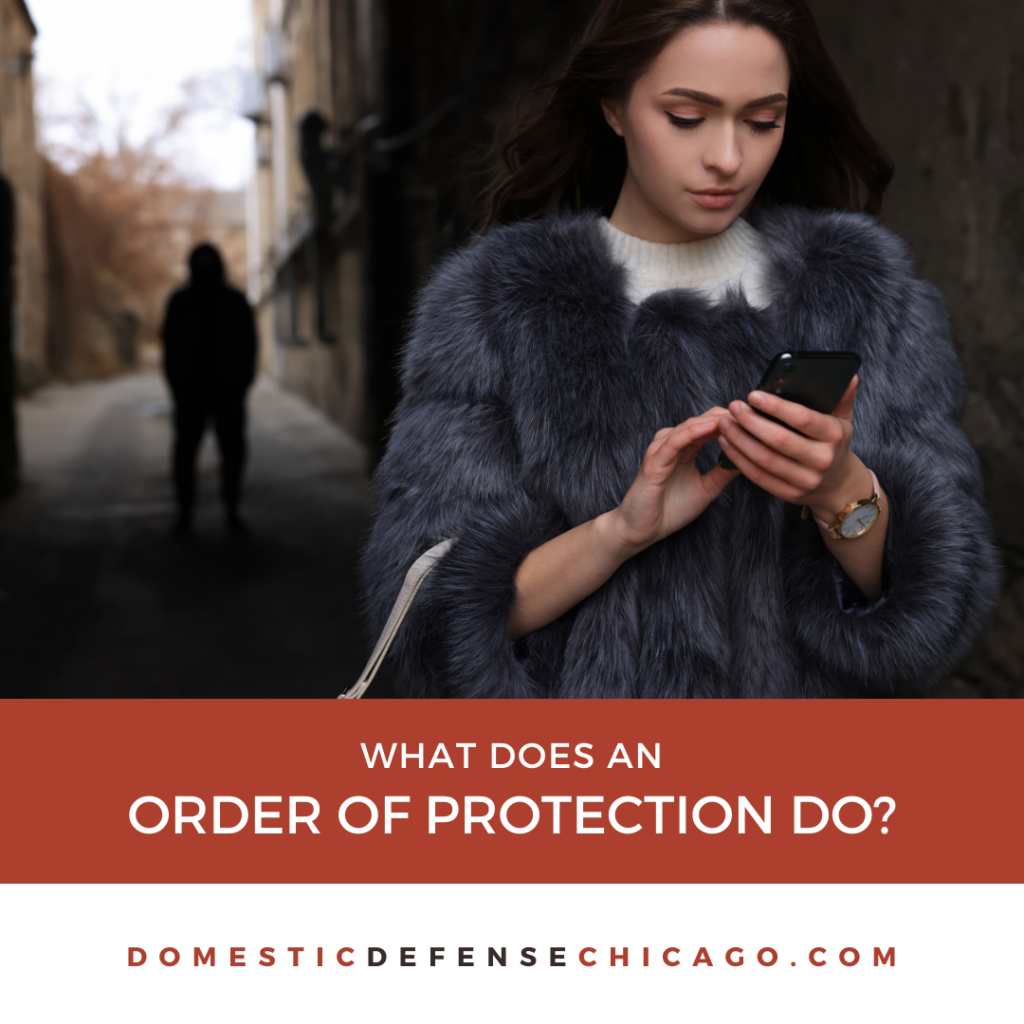
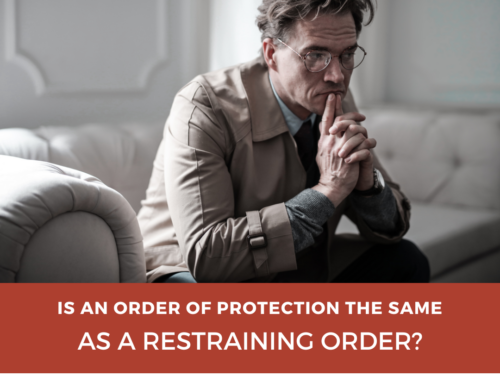
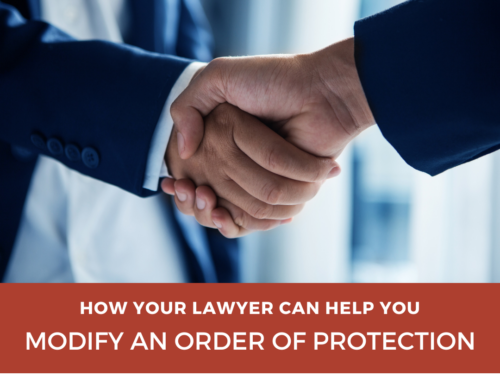
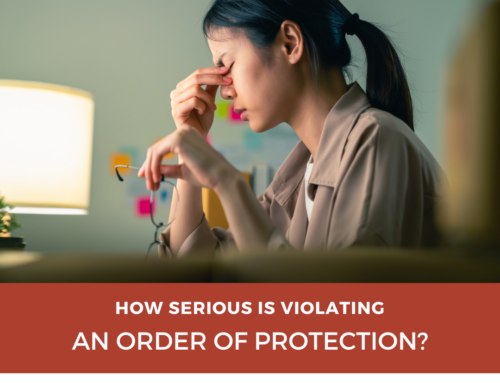
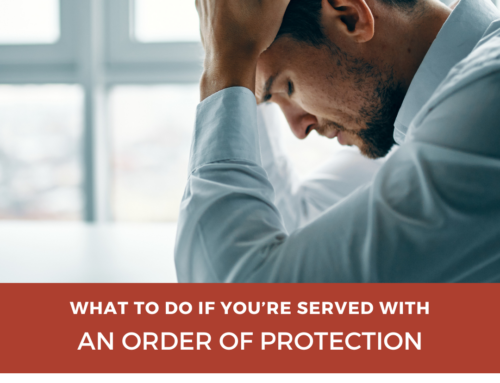

Leave A Comment
You must be logged in to post a comment.